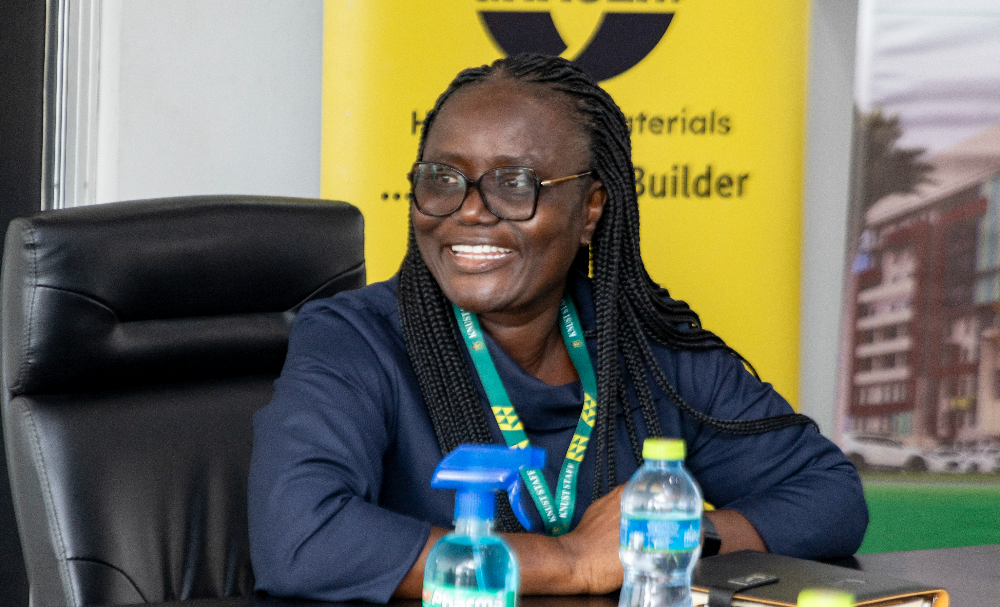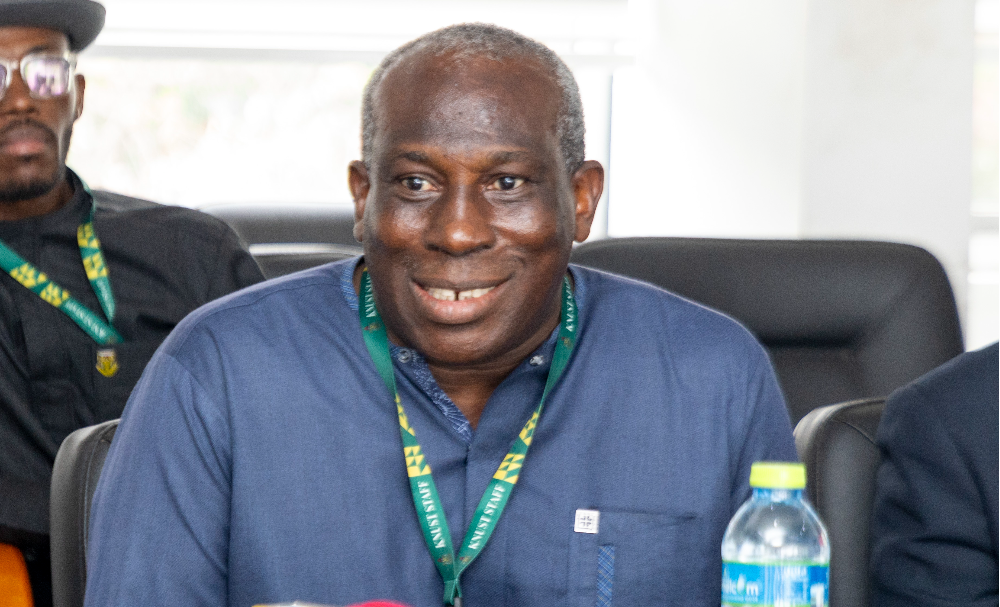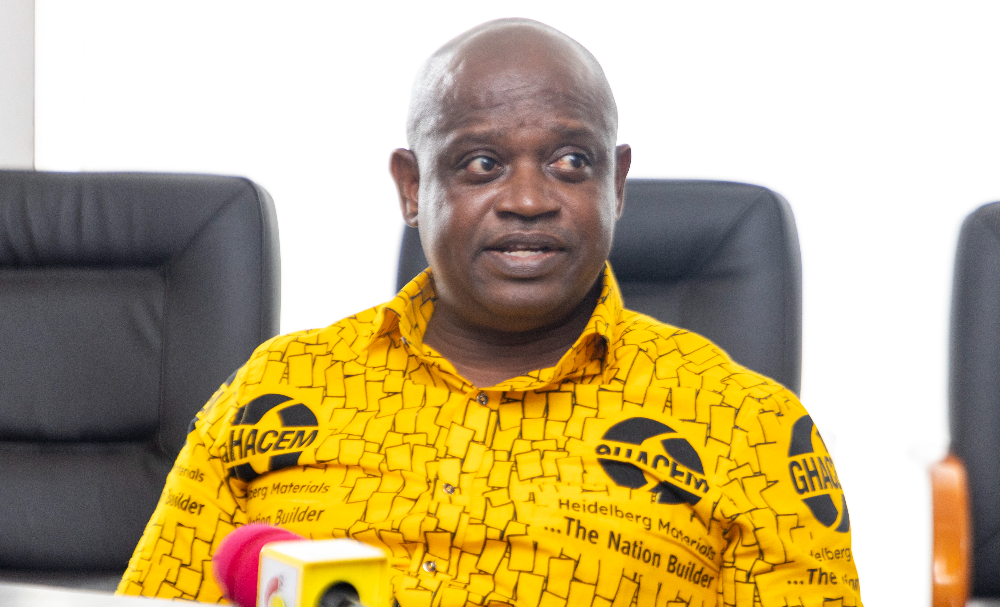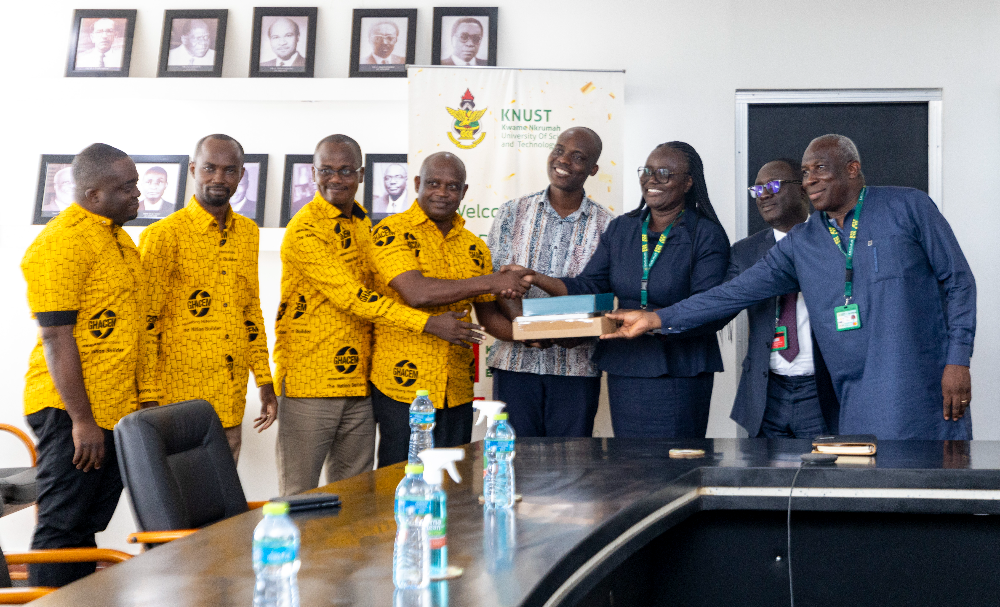The Department of Physics at Kwame Nkrumah University of Science and Technology (KNUST) and GHACEM Limited have reaffirmed their commitment to their long-standing research collaboration on using cement as a shielding material in radiological applications.

During a courtesy call to KNUST Vice-Chancellor, Professor (Mrs.) Rita Akosua Dickson, Professor David Dotse Wemegah, Head of the Physics Department, highlighted the project's origins and significance.
"We initiated this research with GHACEM in 2002 to explore cement as an alternative to lead for radiation shielding," he explained.

Professor Eric Clement Addison, the Principal Investigator of the project, emphasized the research's focus on enhancing GHACEM cement's shielding properties.
"We collaborated with GHACEM to fund two MPhil students who investigated the effectiveness of selected Non-Conventional Materials (NCMs) as additives for geological shielding," he said. "With Ghana's potential nuclear future, good shielding materials are crucial."
Prof. Addison revealed that GHACEM purchased a $15,000 Barracuda dosimetry system for accurate radiation measurement.
"Our students have completed their research, but further discussions are needed on the next steps," he added, urging GHACEM to increase student sponsorship and expand the research scope.
Ing. John Teye Ohipeni, Quality Assurance Manager at GHACEM, affirmed the company’s commitment.
"This collaboration has been beneficial to both GHACEM and the Physics Department," he noted, highlighting the students' successful laboratory experience.

Mr. Kwasi Kyere, GHACEM’s Commercial Director, reiterated the company’s dedication to science and technology. "We will continue to support research at KNUST to create a skilled workforce and develop safe, sustainable innovations," he stated.
Professor Dickson praised the collaboration, emphasizing its alignment with KNUST's mission. "This partnership exemplifies our commitment to research that creates real-world solutions," she said. "GHACEM's collaboration on this project could revolutionize shielding materials, especially in the health sector."
The Vice-Chancellor also stressed the importance of entrepreneurship training and sustainable partnerships. "We train not just employees but global employers, ensuring our research translates into tangible benefits for the community," she concluded.

















